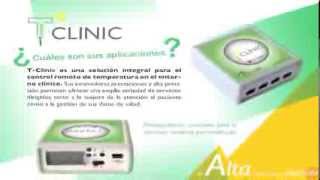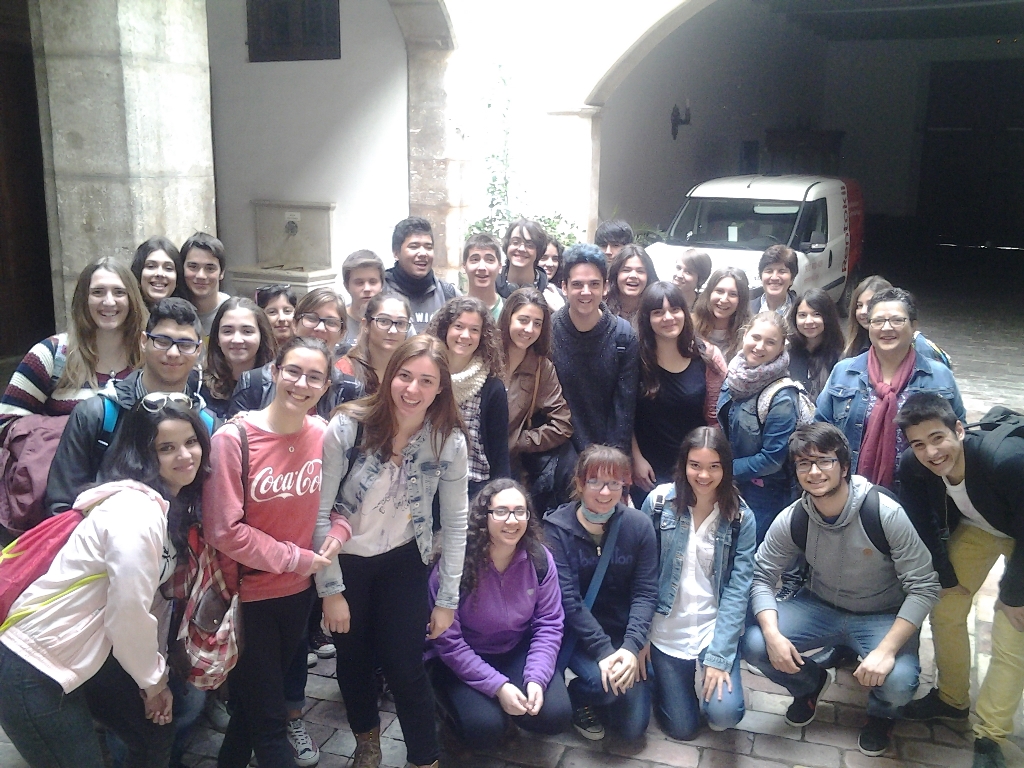Sustainable Eating Habits for Children
Sustainable Eating Habits for Children
Caxton College organised a conference about nutrition given by the specialist Julia Velasco.
More and more parents are trying to make sure that their children’s nutrition, both at home and at school, is as healthy and as environmentally responsible as possible. This new trend has been called slow food, which can be defined as ‘a diet that includes the right to enjoy local produce, bearing in mind the equilibrium of the ecosystem, a defence of our own biodiversity and an ethical commitment to the producers’, as Ms Velasco explained. She recommends eating locally sourced produce because, aside from being more environmentally sustainable, this can also help us to avoid certain dietary intolerances. She explained that our DNA has evolved to tolerate the locally-produced foods that we have consumed for generations. ‘In the case of Mediterranean people, I recommend that we drink fresh pasteurised native goat’s and sheep’s milk rather than the cow’s milk that is consumed in the North’ was Ms Velasco’s suggestion.

In addition to promoting healthy eating habits in our children, this dietician-nutritionist, whose specialism is diabetes and hypothyroidism, assured that parents must be an example to their children both when consuming food as well as when purchasing it. She reminded parents that ‘it is important to spend time on both shopping and cooking. Read all product labels carefully to know exactly what they contain and how those ingredients affect us (I recommend the app MyRealFood). Invite your children to be involved in this process. Talk to them about the importance of eating healthy produce. Eat together to create family bonds from when they are young’, Ms Velasco appealed. At the same time, she reminded parents that when they make foods at home, such as yoghurt or hummus, they are helping the environment indirectly because this reduces the use of containers made of plastic or another material that damage our planet.

With a multitude of recommendations, and debunking of myths, Ms Velasco assured that neither children nor adults need to eat five times per day, since our sedentary lifestyle (which we should try to avoid) does not require consuming that amount of food. Additionally, she advised that it is essential to remove fried and ultra-processed foods from our diets, replacing them with fresh fruits and vegetables. ‘Despite parents having relevant information about how certain products affect their children’s health, we can still see rubbish bins full of juice boxes and industrial pastry wrappers at parks and school entrances’, concluded Ms Velasco with concern. She added hopefully: ‘It’s a relief to find schools like Caxton College that have their own kitchen and prepare quality meals, and that make sure to keep parents informed about the importance of having not only a healthy diet, but also a healthy lifestyle’.





Recent Comments